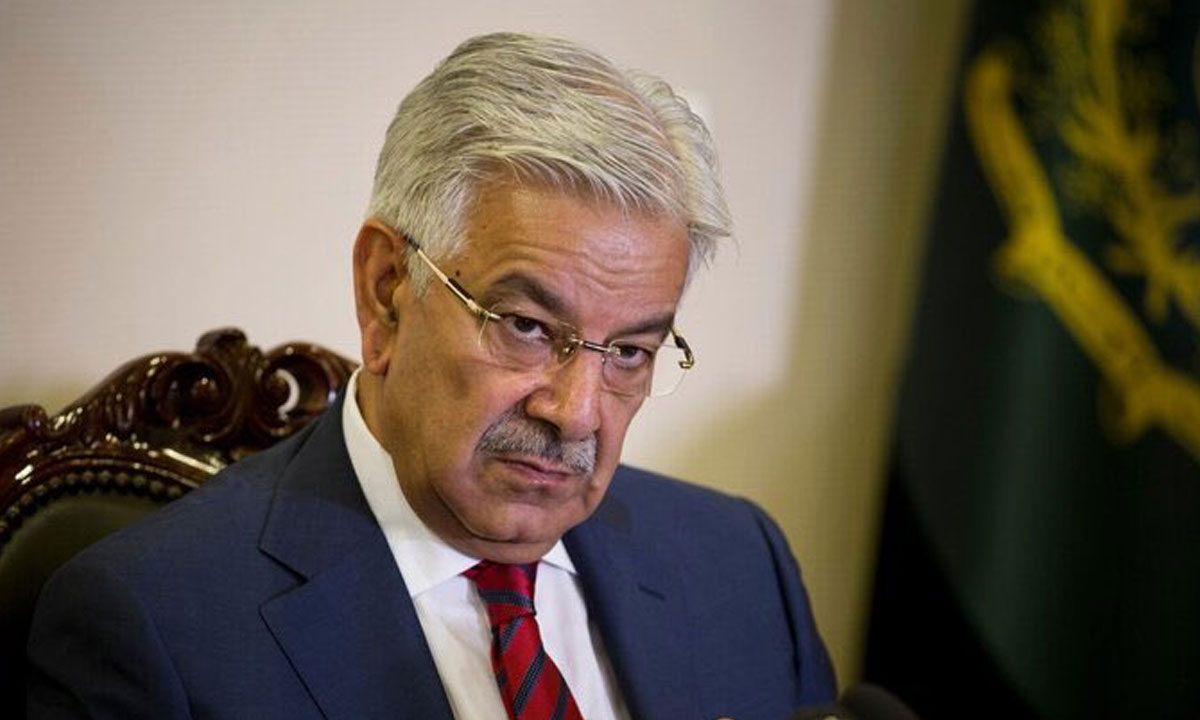Will Strike Any Structure Built to Divert Water”: Pakistan Defense Minister Threatens India Amid Indus Treaty Tensions
Speaking to Geo News, Asif termed any Indian attempt to alter the flow of the Indus River as an act of "aggression."

Islamabad: Amid escalating tensions following the Pahalgam terror attack that claimed 26 lives, Pakistan’s Defence Minister Khawaja Asif has issued a direct warning to India, threatening to destroy any structure built to divert water under the Indus Waters Treaty, which has been suspended by India in the wake of the attack.
Table of Contents
Speaking to Geo News, Asif termed any Indian attempt to alter the flow of the Indus River as an act of “aggression.”
“Certainly, if they attempt to build any structure, we will strike it. Aggression is not just about firing cannons or bullets; it has many faces. One of those faces is blocking or diverting water, which could lead to deaths due to hunger and thirst,” he warned.
He further stated that even an “architectural attempt” by India to divert the waters would be considered a hostile act, and Pakistan would respond by destroying such infrastructure.
Indus Waters Treaty in Jeopardy
The Indus Waters Treaty (IWT), signed in 1960 between India and Pakistan, governs the sharing of water from the Indus River and its tributaries. Mediated by the World Bank, the treaty gave India control over the eastern rivers (Ravi, Beas, Sutlej) and Pakistan control over the western rivers (Indus, Jhelum, Chenab). It is considered one of the most successful international water-sharing agreements.
However, following the recent terror attack in Jammu and Kashmir’s Pahalgam, India announced the suspension of the treaty, a move that significantly affects Pakistan’s agricultural sector, which relies on these rivers for 80% of its farmland.
Historical Context
The water-sharing issue has been sensitive since 1947, when India briefly halted water flow to Pakistan in 1948, leading to United Nations intervention. After almost a decade of negotiations, the treaty was finalized by India’s Prime Minister Jawaharlal Nehru and Pakistan’s President Ayub Khan in 1960.
With diplomatic ties between the two nuclear-armed nations already strained, Asif’s aggressive rhetoric marks a sharp escalation in the crisis, raising concerns over regional stability and the fate of a treaty once considered a symbol of cooperation amidst conflict.
Indian authorities have yet to respond officially to the defence minister’s remarks.
